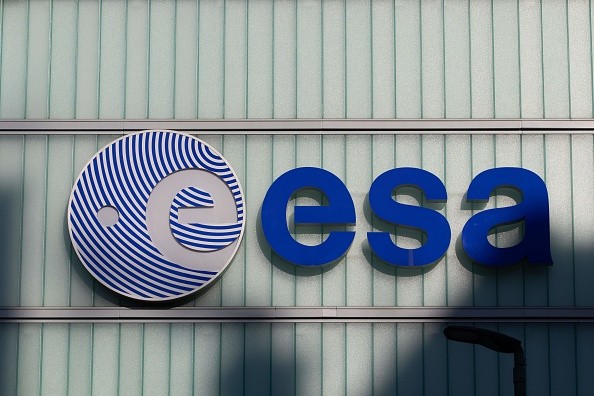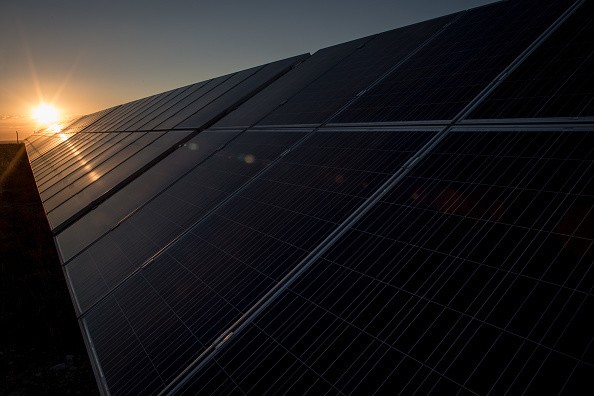
They are expected to have a meeting to discuss the new SBSP before 2022 ends. Once the new Solaris program officially becomes operational, it is expected to observe and study SBSP.
It will specifically check if SBSP generation can efficiently provide clean energy. On the other hand, Solaris will also explore the potential of the solar-based solar program when it comes to decarbonization.
ESA to Fund Space-Based Solar Power Program
According to Space.Com's latest report, the Solaris SBSP can collect solar energy using huge solar arrays stationed in geostationary orbit.

Read also: 'Largest Canyon in The Solar System:' ESA's Mars Express Snaps Stunning Views of Mars's Grand Canyon
This means that the space-based solar power tech will be launched at the altitude of 22,000 miles, the region where most satellites are located.
"Space-based solar power is a potential source of clean, affordable, continuous, abundant, and secure energy," explained the European Space Agency via its official press release.
ESA added that the basic SBSP concept is now considered an urgent project because the need for new clean and secure energy sources is increasing, especially as Europe transitions to Net Zero carbon.
Solaris as Climate Change Solution
The European Space Agency said that the new Solaris project could be a climate change solution. ESA Director General Josef Aschbacher noted that the rise of SBSP is a crucial step towards the carbon neutrality of Europe.
He added that space-based solar power could also give the European nation the energy independence it has been seeking for the past few years.
As of press time, it is expected for the ESA member states to fund Solaris because of the benefits it can offer.
If you want to see further details about the new Solaris SBSP project, you can visit this link.
Meanwhile, the ESA comet interceptor mission has been approved.
On the other hand, the ESA Gaia mission data is expected to solve the four biggest mysteries of the Milky Way Galaxy.
For more news updates about ESA and its other space-based plans, always keep your tabs open here at TechTimes.
Related Article : ESA's Venus Probe Will Undergo 'Intense Aerobraking' Before Diving Into Venus' Hellish Atmosphere
This article is owned by TechTimes
Written by: Griffin Davis

![Apple Watch Series 10 [GPS 42mm]](https://d.techtimes.com/en/full/453899/apple-watch-series-10-gps-42mm.jpg?w=184&h=103&f=9fb3c2ea2db928c663d1d2eadbcb3e52)


